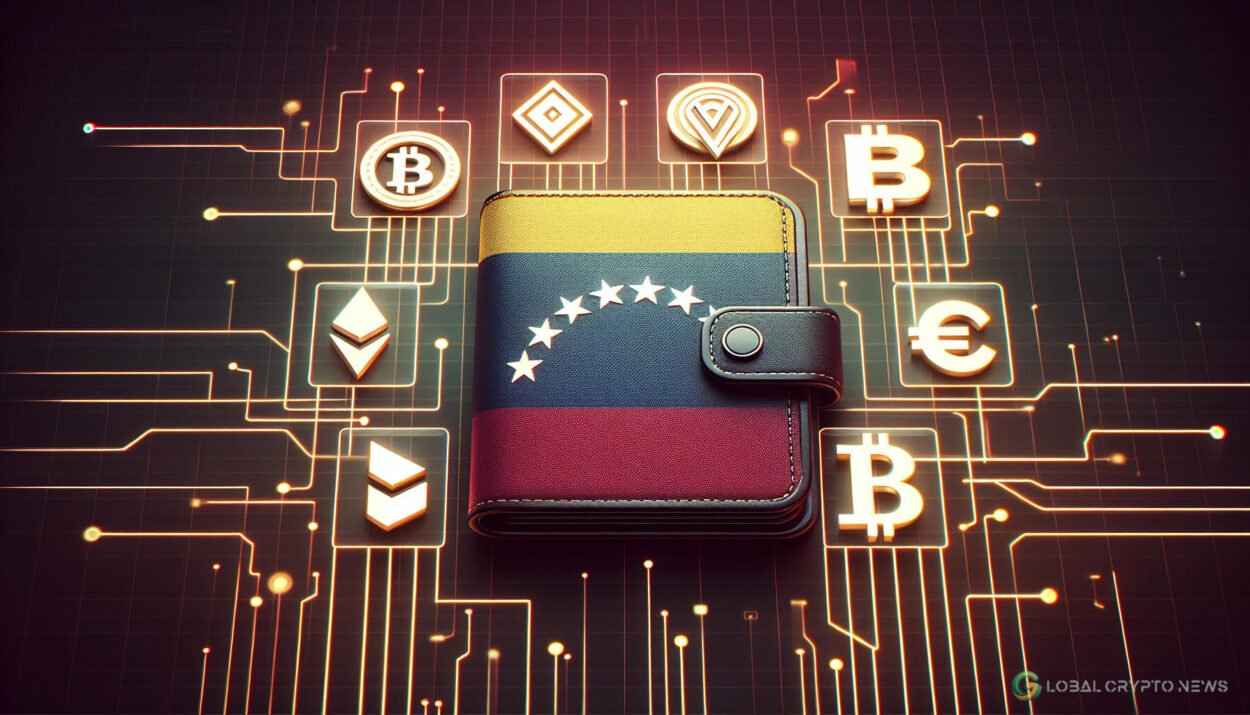Venezuelan political critics and activists have alleged that President Nicolás Maduro and his government are seeking ways to bypass international sanctions, with crypto transactions being one of the methods they plan to use.
Maduro failed to honor a free and fair election agreement scheduled for July. This disagreement led to the U.S. reinstating gold and oil sanctions imposed on some members of the Venezuelan government in late May.
According to Andrew Fierman, head of national security at Chainalysis, some regimes subject to sanctions try to evade them using cryptocurrency.
In 2022, members of the U.S. Congress expressed concerns over whether sanctioned parties would use cryptocurrency to transfer funds out of Russia. Subsequently, bills were introduced to prevent this.
In Venezuela, Chainalysis conducted a blockchain analysis of SUNACRIP, a crypto oversight body established by the local government in 2018. Data shows that SUNACRIP frequently transferred substantial amounts of tokens across multiple accounts within different cryptocurrency platforms.
The blockchain data company’s findings indicate that these transactions were linked to several addresses potentially controlled by SUNACRIP or individuals closely associated with it. The total amount processed exceeded $70 million in various stablecoins.
Maduro not committed to fair elections
Earlier this year, U.S. Department of State spokesperson Matthew Miller shared that Maduro and his representatives have not fully met the commitments made under the electoral roadmap agreement. Therefore, General License 44—which authorized transactions related to the oil and gas sector with Venezuela—was not renewed.
Following this, the U.S. Treasury Department granted companies a replacement license, allowing them 45 days to phase out their operations and transactions in the oil and gas sector of the OPEC member state.
The sanctions could have serious implications for Venezuela’s government, which previously sought ways to bypass U.S. sanctions by creating a crypto token named Petro back in 2018. The government banned the use of the token following an investigation into a major corruption case. Crypto wallets were reportedly used to divert payments intended for the state-run oil company Petróleos de Venezuela SA.
Political observers believe Maduro faces a clear dilemma: if he loses at the polls, as indicated by most opinion surveys, he could either accept defeat and engage in negotiations for a transfer of power with protections against legal persecution, or opt to manipulate or annul the election results.
Stay updated with the latest cryptocurrency news and developments on Global Crypto News.























